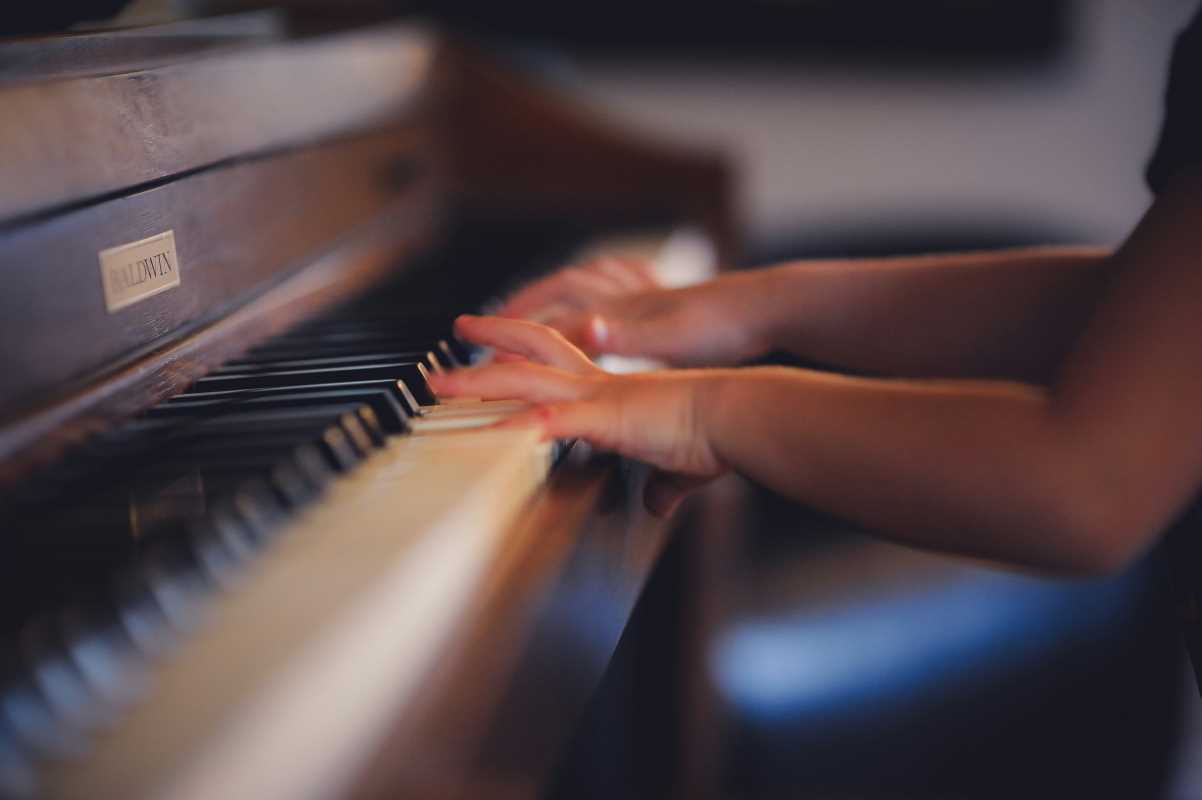Introducing a child to the world of piano playing is not just about cultivating a potential prodigy; it’s about nurturing a well-rounded development through entertainment that challenges both mind and soul. Piano playing offers a myriad of benefits that extend beyond mere musical accomplishment, making it a rewarding activity for children with varied interests and abilities.
Cognitive Development
Piano playing is a cerebral affair that requires the use of both brain hemispheres. It enhances coordination as the child learns to navigate the keyboard, integrating hand-eye coordination with intricate finger movements. Studies show that children who play the piano have improved spatial reasoning skills, which are crucial for solving complex problems in subjects like math and science.
Moreover, learning to read music and interpreting it into hand movements on the keyboard improves a child’s ability to process information, leading to better academic performance across various subjects.
Boosts Self-Esteem
Mastering a new piece or perfecting a melody provides a significant boost to a child's self-esteem. As children progress in their skills, they gain a sense of accomplishment that fuels their motivation in other areas of life as well. Piano recitals and performances offer a platform for children to showcase their skills, enhancing their confidence and public presentation abilities.
These performances also teach children the importance of preparation and the value of receiving feedback, which are essential skills in academic and eventual professional settings.
Enhances Concentration
The discipline of practicing piano requires focused attention and concentration. Children learn to concentrate for extended periods, improving their overall attention span. This increased capacity for concentration can positively affect their educational pursuits and daily tasks.
Engaging with complex compositions also teaches children patience and persistence, as they gradually learn to tackle more challenging pieces, which can have a positive effect on their determination and resilience in facing life's challenges.
Emotional Expression
Piano playing offers a profound outlet for emotional expression. It allows children to communicate feelings they might not yet have the words for, providing a sense of relief and personal expression. The emotional depth that music encompasses can help children better understand their emotions and develop empathy for others.
This form of expression can be particularly beneficial during the often tumultuous years of growing up, giving children a way to manage their feelings and reduce stress through the beauty of musical creation.
Social Skills Development
For children, piano lessons and group performances can be a social endeavor that fosters teamwork and communication. Participating in music groups or orchestras helps children learn to work harmoniously with others, listen actively, and participate in a group dynamic.
These interactions enhance a child’s social skills, teaching them about the importance of timing, listening, and collaborative effort, which are invaluable in every sphere of life.
Cultural Awareness
Learning piano exposes children to a wide range of musical styles and histories, from classical compositions by Bach and Beethoven to contemporary pieces by modern composers. This exposure broadens their cultural horizons, making them more aware of the world’s rich artistic heritage.
Such cultural appreciation can instill in children a lifelong interest in the arts and humanities, enriching their personal and educational experiences.
Long-Term Skill Development
Piano skills once acquired are seldom forgotten. This long-term skill set not only offers personal enjoyment but can also open doors to future opportunities, whether in music-related fields or simply as a fulfilling hobby. The discipline and skills developed through learning piano can benefit individuals throughout their lives, making it a meaningful investment in a child's future.
By encouraging children to take up piano, parents can provide them with a tool that enriches their lives in immeasurable ways, blending entertainment with education, emotional depth with intellectual rigor, and personal joy with collective endeavor. This harmonious blend of benefits makes piano playing an unparalleled activity in childhood development.







